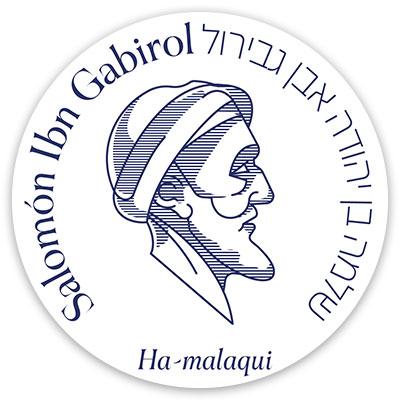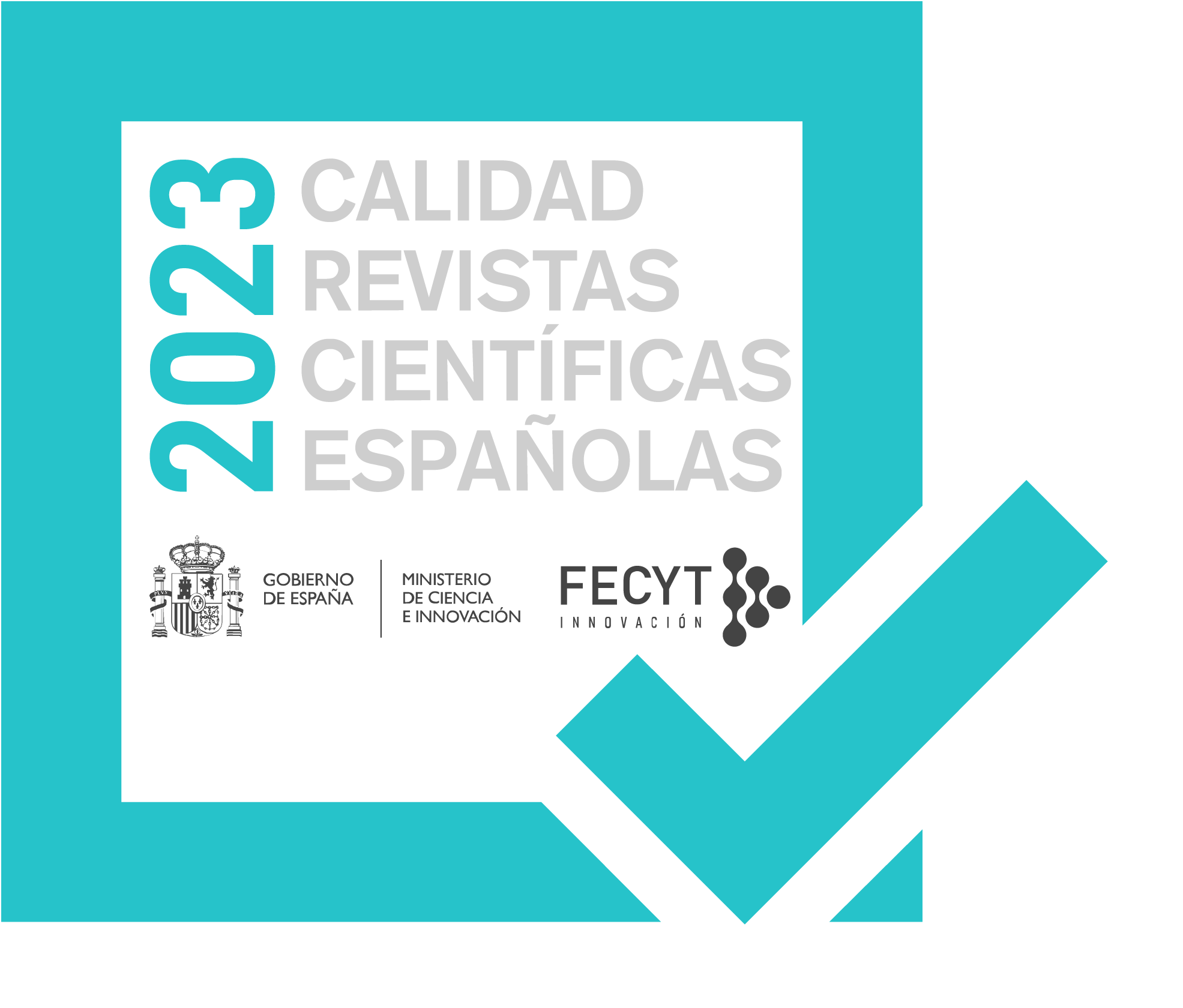Communication Through Design As a Tool For Disseminating Ibn Gabirol's Legacy On The Occasion Of His Millennial Anniversary
DOI:
https://doi.org/10.24310/idiseo.18.2023.18232Keywords:
Gabirol, Culture, Malaga, millennial, DesignAbstract
In April 2021, the consulting firm Narita designed a campaign to commemorate the 1,000th anniversary of the birth of Solomon Ibn Gabirol, a prominent Malaga poet and philosopher of Jewish origin. The campaign, commissioned by the Malaga City Council, aimed to honor the figure of Ibn Gabirol and his influence on medieval Hebrew literature.
The central design of the campaign included a commemorative stamp with an illustration of Ibn Gabirol's bust, using synthetic strokes based on the few available images of the poet. Carefully selected typefaces in Spanish and Hebrew were used to ensure harmony between the different spellings. In addition, aphorisms taken from Ibn Gabirol's work were used to create promotional pieces such as posters, digital banners and motion graphics.
The campaign highlighted the importance of Malaga as a starting point in the life of Ibn Gabirol and his contribution to the Hispanic diaspora of the three cultures (Muslim, Jewish and Christian) in medieval Spain. The 11th century is considered a golden period for Jews in Spain, and Malaga was a center of cosmopolitanism and tolerance.
Ibn Gabirol stood out as a multifaceted intellectual and a committed moralist, whose work reflects a synthesis of classical philosophical influences. His legacy lives on thanks to campaigns such as this one, which rescue his message of love, tolerance and humanity. Narita's strategy made it possible to connect contemporary culture with the figure of Ibn Gabirol and his lasting influence in Malaga and beyond.
Downloads
Metrics
Publication Facts
Reviewer profiles N/A
Author statements
Indexed in
-
—
- Academic society
- N/A
- Publisher
- Universidad de Málaga
References
Castro, A. L. (1988). Selomo ibn Gabirol, sabio y poeta. En Actas del I Congreso de la Asociación Hispánica de Literatura Medieval: Santiago de Compostela 2 al 6 de diciembre de 1985 (pp. 401-406). Promociones y Publicaciones Universitarias, PPU.
Estrada, D. (2022). Saramago 100. Recuperado 9 de octubre de 2023, de https://estradadesign.eu/project/saramago100/
Gisbert, R. R. (2007). Salomón Ibn Gabirol. Isla de Arriarán: revista cultural y científica, (30), 31-42.
Gonzalo Maeso, D. (1972). Selomoh Ibn Gabirol, filósofo y teólogo.
Gonzalo Maeso, D. (1970). El malagueño Selomoh ibn Gabirol, poeta y estilista árabe (1020-1050).
Harvey, W. Z. (2000). Filosofía y poesía en Ibn Gabirol.
Herrera, N. G. (2021). Ibn Gabirol, selección de fragmentos poéticos. Sur: Revista de literatura, (17),25.
Mucho (2016). IV Centenario de la Muerte de Miguel de Cervantes. (s. f.). Recuperado 8 de octubre de 2023, de https://400cervantes.es/
Madrid, T. (2023). 150 aniversario del nacimiento de Pío Baroja. Recuperado 8 de octubre de 2023, de https://www.esmadrid.com/baroja-por-madrid
Ossorio, A. S. (2021). Shelomo ibn Gabirol: Un poeta incomprendido, un pensador universal. Andalucía en la historia, (73), 48-52.

Downloads
Published
How to Cite
Issue
Section
License
Copyright (c) 2023 Fabián Suárez Caballero

This work is licensed under a Creative Commons Attribution-NonCommercial-NoDerivatives 4.0 International License.
Aquellos autores/as que tengan publicaciones con esta revista, aceptan los términos siguientes:- Los autores/as conservarán sus derechos de autor y garantizarán a la revista el derecho de primera publicación de su obra, el cuál estará simultáneamente sujeto a la Licencia de reconocimiento de Creative Commons que permite a terceros compartir la obra siempre que se indique su autor y su primera publicación esta revista.
- Los autores/as podrán adoptar otros acuerdos de licencia no exclusiva de distribución de la versión de la obra publicada (p. ej.: depositarla en un archivo telemático institucional o publicarla en un volumen monográfico) siempre que se indique la publicación inicial en esta revista.
- Se permite y recomienda a los autores/as difundir su obra a través de Internet (p. ej.: en archivos telemáticos institucionales o en su página web) antes y durante el proceso de envío, lo cual puede producir intercambios interesantes y aumentar las citas de la obra publicada. (Véase El efecto del acceso abierto).







14.png)



